[OmniFaces utilities] The
getViewParameters() method returns the view parameters of the current view, or an empty collection if there is no view.[OmniFaces utilities] The
getViewParameterMap() method returns the view parameters of the current view as a parameter map, or an empty map if there is no view. This is ready for usage in among others ViewHandler#getBookmarkableURL(FacesContext, String, Map, boolean).Method Faces#getViewParameters() - return view parameters as a Collection:
Method Faces#getViewParametersMap() - return view parameters as a Map (starting with OmniFaces 2.2, this method become mutable):
Usage:
Let's
suppose that we have three view parameters, defined as:
...
<f:metadata>
<f:viewParam name="email"
value="#{loginBean.email}"/>
<f:viewParam name="info"
value="#{loginBean.info}"/>
<f:viewParam name="type"
value="guest"/>
</f:metadata>
...
Now, in a
managed bean (or in other JSF artifact) you can "capture" the list of
view parameters as below:
· as a Collection:
· as a Collection:
import
org.omnifaces.util.Faces;
...
Collection<UIViewParameter>
vpsColl = Faces.getViewParameters();
·
as a Map:
import
org.omnifaces.util.Faces;
...
Map<String,
List<String>> vpsMap = Faces.getViewParameterMap();
Note The
<f:viewParam>
doesn't support multiple values anyway, so having multiple <f:viewParam>
on the same request parameter shouldn't end up in repeated parameters in action
URL:
So, if you have a request to populate the view parameters, like:
parameterMap.put(viewParameter.getName(), Collections.singletonList(value)); // OmniFaces 2.0
parameterMap.put(viewParameter.getName(), asList(value)); // OmniFaces 2.2
parameterMap.put(viewParameter.getName(), asList(value)); // OmniFaces 2.2
So, if you have a request to populate the view parameters, like:
http://host:port/app_name/?email=rafa@rg.com&info=Rafa%20wins%20RG%20again!
Then, Faces#getViewParameters()
and Faces.getViewParameterMap()
will reveal something like this (suppose that you have print to console the
name and value of each view parameter):
Name: email
Value: rafa@rg.com
Name: info Value: Rafa wins RG again!
Name: type Value: guest









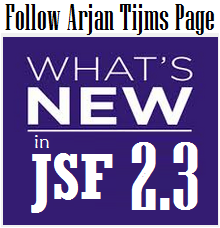

 Arrays
Arrays Converters
Converters

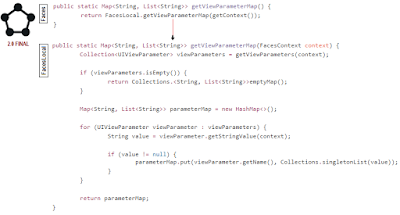
 JSF 2 Tutorials at www.mkyong.com
JSF 2 Tutorials at www.mkyong.com  JavaServer Faces (JSF) Tutorial
JavaServer Faces (JSF) Tutorial 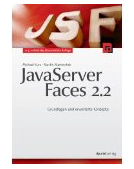
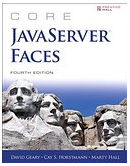
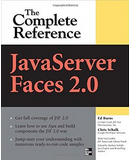











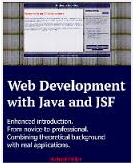
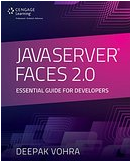






Niciun comentariu :
Trimiteți un comentariu